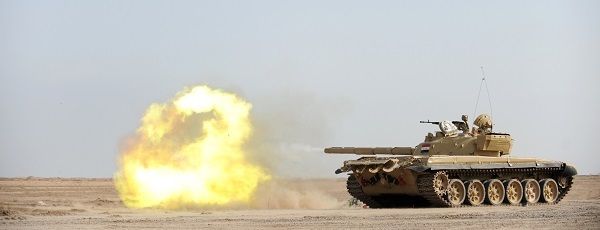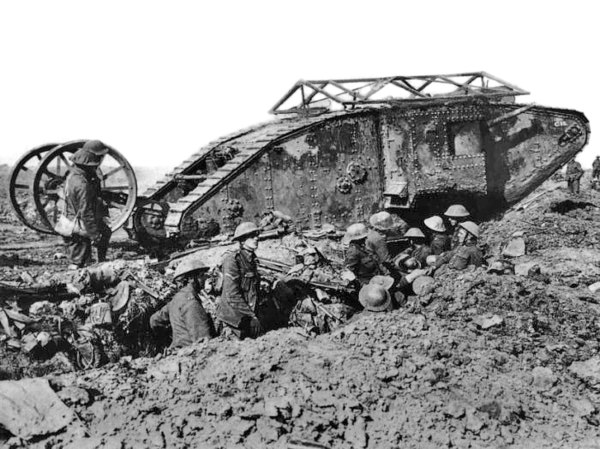





| Name | Stage | Type | Place Of Origin | In Service | Crew | Weight | Power | Range | Manufacturer | |
|---|---|---|---|---|---|---|---|---|---|---|
| M1 Abrams | Modern | Main battle tank | USA | 1980- | 4 | 65.00 | 1100.00 | 426.00 | Lima Army Tank Plant (since 1980);Detroit Arsenal Tank Plant (1982-1996) | |
| Leopard 2A5 | Modern | Main battle tank | West Germany | 1979- | 4 | 68.70 | 1100.00 | 550.00 | tr1 Krauss-Maffei Wegmann Maschinenbau Kiel | |
| Arjun MBT | Modern | Main battle tank | India | 2004- | 4 | 57.60 | Heavy Vehicles Factory | |||
| Mark I | World War I | Heavy tanks | UK | 1916- | 8 | 28.00 | 38.00 | William Foster & Co. of Lincoln Metropolitan Carriage, Birmingham | ||
| M4 Sherman | World War II | Medium tank | USA | 1942-1957 | 5 | 38.10 | 241.00 | Detroit Tank Arsenal, Federal Machine and Welder Company, Fisher Tank Arsenal, Ford Motor Company, Lima Locomotive Works, Pacific Car and Foundry Company, Pressed Steel Car Company, Pullman-Standard Car Company | ||
| Panzer | Interwar | Light tank | Germany | 1934-1945 | 2 | 5.40 | 200.00 | Henschel, MAN, Krupp, Daimler | ||
| 7TP | World War II | Light tank | Poland | 1935-1939 | 3 | 9.90 | 150.00 | |||
| T-72 | Modern | Main battle tank | Soviet Union | 1967-1973 | 3 | 41.50 | 460.00 | Uralvagonzavod |

The Mark I was the world's first tank, tracked and armed armoured vehicle, to enter combat. The name "tank" was initially a code name to maintain secrecy and disguise its true purpose.[3] The type was developed in 1915 to break the stalemate of trench warfare. It could survive the machine gun and small-arms fire in "No Man's Land", travel over difficult terrain, crush barbed wire, and cross trenches to assault fortified enemy positions with powerful armament. Tanks also carried supplies and troops.